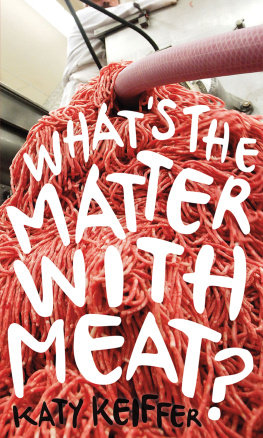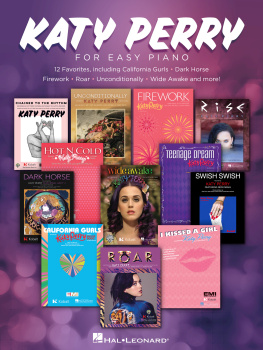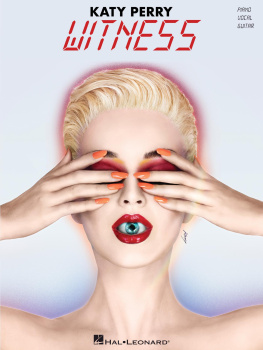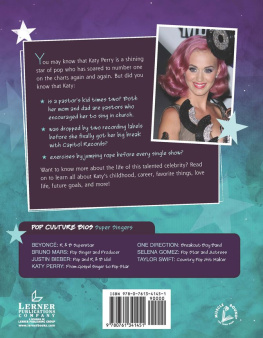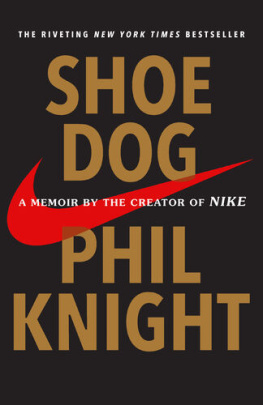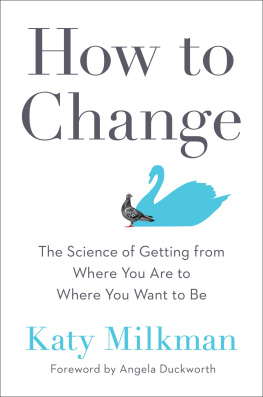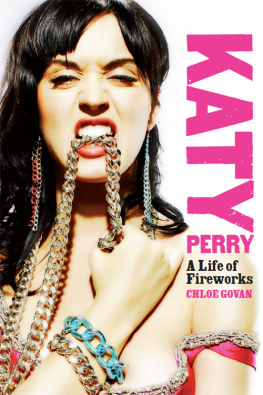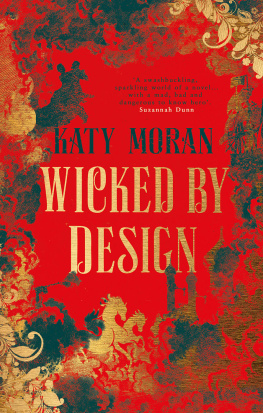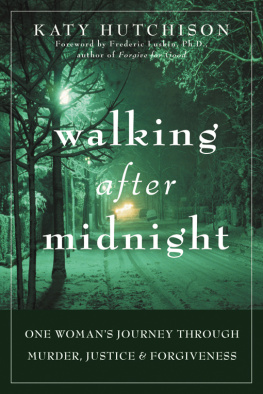Katy Keiffer - Whats the matter with meat?
Here you can read online Katy Keiffer - Whats the matter with meat? full text of the book (entire story) in english for free. Download pdf and epub, get meaning, cover and reviews about this ebook. year: 2017, genre: Politics. Description of the work, (preface) as well as reviews are available. Best literature library LitArk.com created for fans of good reading and offers a wide selection of genres:
Romance novel
Science fiction
Adventure
Detective
Science
History
Home and family
Prose
Art
Politics
Computer
Non-fiction
Religion
Business
Children
Humor
Choose a favorite category and find really read worthwhile books. Enjoy immersion in the world of imagination, feel the emotions of the characters or learn something new for yourself, make an fascinating discovery.
- Book:Whats the matter with meat?
- Author:
- Genre:
- Year:2017
- Rating:5 / 5
- Favourites:Add to favourites
- Your mark:
- 100
- 1
- 2
- 3
- 4
- 5
Whats the matter with meat?: summary, description and annotation
We offer to read an annotation, description, summary or preface (depends on what the author of the book "Whats the matter with meat?" wrote himself). If you haven't found the necessary information about the book — write in the comments, we will try to find it.
Whats the matter with meat? — read online for free the complete book (whole text) full work
Below is the text of the book, divided by pages. System saving the place of the last page read, allows you to conveniently read the book "Whats the matter with meat?" online for free, without having to search again every time where you left off. Put a bookmark, and you can go to the page where you finished reading at any time.
Font size:
Interval:
Bookmark:


FOOD CONTROVERSIES
SERIES EDITOR: ANDREW F. SMITH
Everybody eats. Yet few understand the importance of food in our lives and the decisions we make each time we eat. The Food Controversies series probes problems created by the industrial food system and examines proposed alternatives.
Already published:
Fast Food: The Good, the Bad and the Hungry Andrew F. Smith Whats So Controversial about Genetically Modified Food? John T. Lang Whats the Matter with Meat? Katy Keiffer
THE MATTER
WITH MEAT?
KATY KEIFFER
REAKTION BOOKS
Published by Reaktion Books Ltd
Unit 32, Waterside
4448 Wharf Road
London N1 7UX, UK
www.reaktionbooks.co.uk
First published 2017
Copyright Katy Keiffer 2017
All rights reserved
No part of this publication may be reproduced, stored in a retrieval system, or transmitted, in any form or by any means, electronic, mechanical, photocopying, recording or otherwise, without the prior permission of the publishers
Page references in the Index match the printed edition of this book.
Printed and bound in Great Britain by Bell & Bain, Glasgow
A catalogue record for this book is available from the British Library
eISBN: 9781780238043
W hy has meat become such a contentious food group? It is indisputably popular in most of the world. We certainly eat enough of it. In fact, worldwide, some 315 million tonnes were produced in 2014. That averages out at 43.4 kg per person. And many people dont eat meat at all, so some of us ate even more than our share. Shouldnt we all be thrilled at the rich and plentiful supply of nutritious animal protein that is readily available in so much of the world?
With this astonishing abundance of meat production, quite a few of us have got used to paying next to nothing for it too. For many of us in the West, it is available economically as a daily choice. Developing countries are acquiring their own appetite for meat, often abandoning rice- or plant-based diets in favour of animal protein. In fact, meat consumption has never been higher than it is now, and production is more than keeping up with demand. Between 1970 and 2008, beef production doubled, poultry increased sixfold and pork tripled.
Though statistics show the demand for meat is flattening for Westerners, the newcomers to the meat party are more than making up for any regional losses suffered by the industry. The United Nations projects that we will be producing and
Despite the huge production figures, much of the global meat supply is controlled by just a few companies: JBS and Brasil Foods in South America and, in the USA, Tyson Foods, Cargill and Smithfield, now known as the WH Group and Chinese-owned. Certainly there are many others trying to compete with them around the world, but these few companies exemplify how the industry is rapidly transforming into multinational mega-agribusinesses. The desire for meaty meals has been vastly encouraged by fast-food purveyors who lead the way in providing cheap, protein-based options to virtually every nation on earth. It seems that everyone has learned to love burgers and nuggets.
Over the course of the last five decades, the meat industry has adopted ever more dazzling strategies to satisfy the worlds craving for low-cost proteins. Indeed, a review of websites, brochures and trade publications could lead one to believe that meat providers stand alone when it comes to generating sufficient quantities of food to meet the demands of the worlds burgeoning population, expected to reach more than nine billion by 2050. They routinely portray themselves as shouldering the burden of feeding the world more than any other agricultural sector, conveying an urgent sense that unless we produce enough meat for every person on the planet, we will starve to death in short order. To succeed they will leave no strategy untested, no opportunity to expand unexplored. Whats more, they are making astonishing amounts of money in their quest to feed the world. In 2014 JBS, the major player in the world arena, realized a net profit of U.S.$560,279,580.In three months. One could go on listing the phenomenal sums being coined from raising livestock, except that the people who are doing the raising arent the ones cashing in.
One must admire the extraordinary ingenuity of the industry when it comes to producing billions of kilograms of meat on less feed and land than any farmer of yesteryear could ever have envisaged. But in the celebratory atmosphere of commercial success, no one anticipated that producing all that meat would also deliver tremendous hidden costs that have been cleverly passed on by the industry in a breathtaking sleight of hand. Those costs include, at the very least, the profound degradation of soil and water; the production of climate-warming air pollution and greenhouse gases; and a steep decline in wages in the sector, accompanied by erosion of basic labour laws. Meanwhile, meat companies and their ancillary industries, feed and pharmaceutical companies, are reaping unheard-of profits. The swallowing of small companies by larger ones has resulted in a near-total absence of competition. Essentially the world has been divvied up into territories, and the companies best suited to each market have monopolized those areas.
From these introductory paragraphs it might be assumed that the author is no fan of meat-eating, but that would be incorrect. Meat is unarguably a nutritious food, providing essential building blocks for healthy growth. Its absence from a diet, while certainly not deadly, does deprive the body of vitamins, minerals, proteins and amino acids that are difficult to replicate in a plant-based diet. Meat is an efficient source of nutrients and, most importantly, is a highly flavourful andversatile component of the diet that makes eating pleasurable. Humans are omnivorous. Our ancestors did not have access to daily rations of meat, but they surely craved it. Much of early mans time was devoted to hunting for animals to eat, and even to this day in tribal populations a kill is a cause to celebrate and to feast. So no, this is not a polemic about how we should not eat meat.
Instead, the object of this book is to explore how the meat industry has increasingly disconnected itself from traditional agriculture and now poses a very real threat to the population it claims to be so anxious to serve, if not save. It is the authors hope that it will inspire consumers to send a clear signal to corporate leaders that the current system is no longer acceptable and will not be supported. Like any other business, the meat industry is profit-driven. Meat companies can and will change their practices as the market demands. It is up to all of us to alert them to what we require as consumers and as world citizens.
Though there are some encouraging signs of change in the meat industry, without continuous pressure from consumers, it will be largely cosmetic. Choosing carefully what to spend money on is one way, but more importantly, consumers must participate in political action to rein in the industry through supporting vigorous labour protections, strict environmental regulation and powerful antitrust legislation. As the industry stretches into new territory, it must be prevented from the egregious practices explored in this book. It is supremely ironic that the food industry could eventually be the industry that not only fails to feed us but contributes the most to the degradation of the planet. We must not let that happen.
Font size:
Interval:
Bookmark:
Similar books «Whats the matter with meat?»
Look at similar books to Whats the matter with meat?. We have selected literature similar in name and meaning in the hope of providing readers with more options to find new, interesting, not yet read works.
Discussion, reviews of the book Whats the matter with meat? and just readers' own opinions. Leave your comments, write what you think about the work, its meaning or the main characters. Specify what exactly you liked and what you didn't like, and why you think so.

